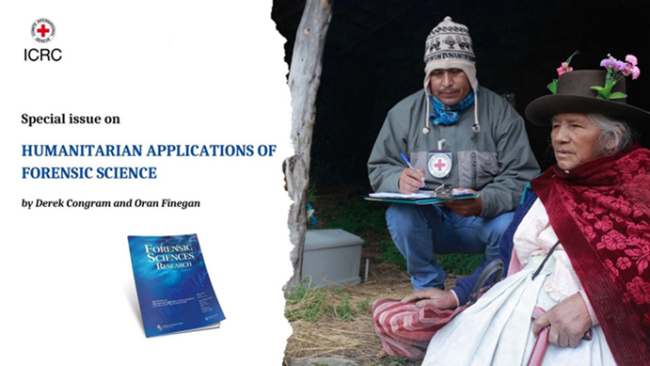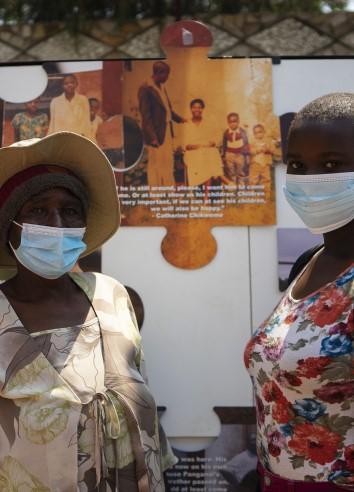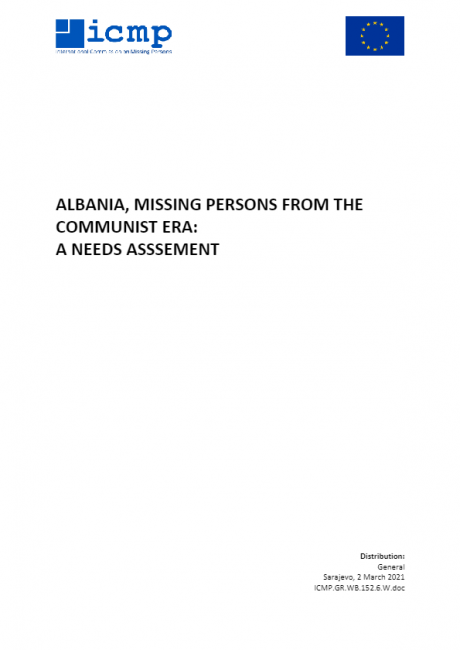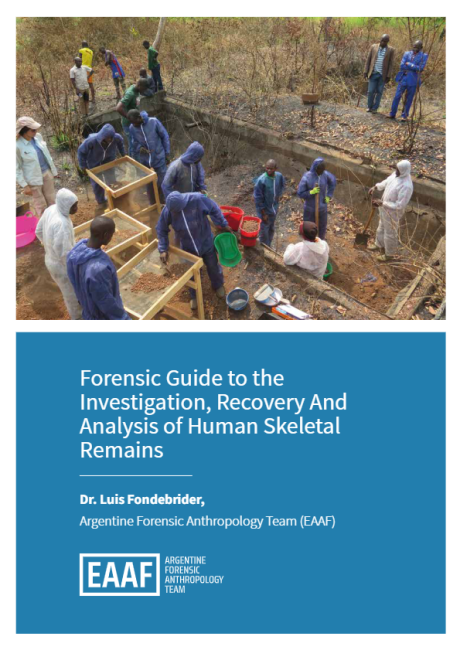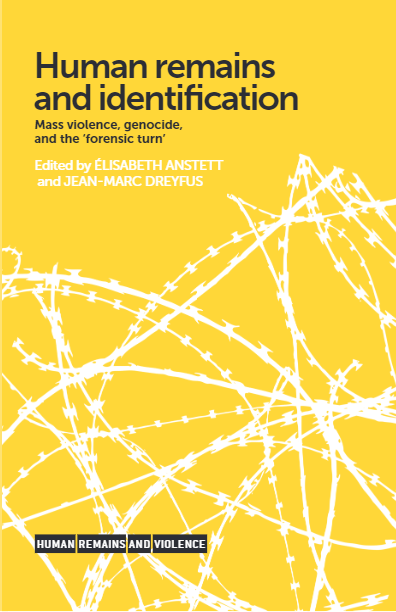Restoring the dignity of the wars disappeared? Exhumations of mass graves, restorative justice and compassion policies in Peru
In recent years, exhumation campaigns of mass graves resulting from the armed conflict (1980–2000) between the Maoist guerrillas of PCP-Shining Path (Sendero Luminoso) and the States armed forces have increased in Peru. People in rural Andes, the most marginalised sectors of national society, which were also particularly affected by the war, are the main group concerned with exhumations. This article examines the handling, flow and re-appropriation of exhumed human remains in public space to inform sociopolitical issues underlying the reparation policies implemented by the State, sometimes with the support of human rights NGOs. How do the families of victims become involved in this unusual return of their dead? Have the exhumations become a new repertoire of collective action for Andean people seeking to access their fundamental rights and for recognition of their status as citizens? Finally, what do these devices that dignify the dead reveal about the internal workings of Peruvian society – its structural inequities and racism – which permeate the social fabric?


